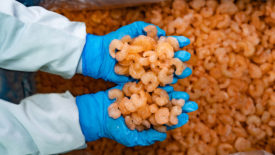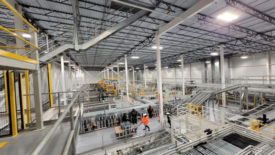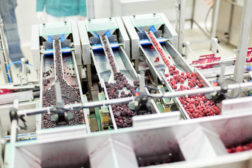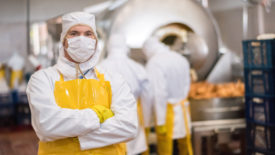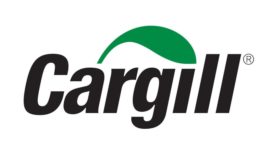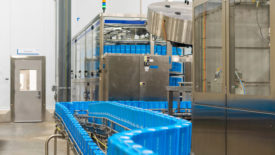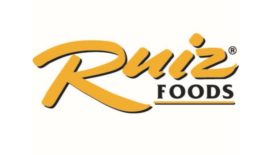Home » Keywords: » food processing
Items Tagged with 'food processing'
ARTICLES
Clock Ticking on FSMA Compliance
The Food Safety Modernization Act’s traceability requirements are effective in two years.
December 8, 2023
Tropical Food Innovation Lab Opens in Brazil
Givaudan, Bühler, Cargill, Ital and The Foodtech Hub LATAM have jointly opened the site for sustainable food and beverages focused on Brazilian biodiversity.
November 16, 2023
2023 Processor of the Year: SunOpta
Five decades of fueling the future of plant-based food.
November 13, 2023
Commodities Outlook and Financial Impact of Plant-Based Foods
According to the PBFA, plant-based foods dollar sales grew 6.6% to $8 billion in 2022.
October 30, 2023
Ruiz Foods Plans to Expand California Manufacturing Facility
The 150,000-square-foot addition will help meet demand for company’s Mexican foods, including El Monterey and Tornados products.
October 13, 2023
Get our new eMagazine delivered to your inbox every month.
Stay in the know on the latest food and beverage manufacturing markets.
SUBSCRIBE TODAYCopyright ©2024. All Rights Reserved BNP Media.
Design, CMS, Hosting & Web Development :: ePublishing
